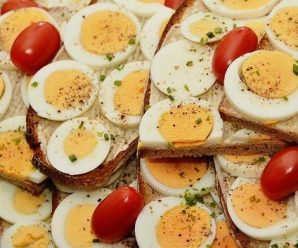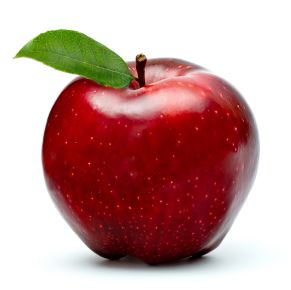Good Nutrition – Between Facts And Fiction

Are you eating well? Does your daily diet include all the essential nutrients for healthy living? If making the list of groceries makes you feel stress every day, you might experience the same thing many other people do. It appears as there’s always a new diet or a set of guidelines that pretends to teach you what you should do, to the letter, so that you can live as long as you can, as healthy as you can.
Good nutrition is based on facts, and that is why you should set apart facts from fiction. As you can find in this detailed review, eating well depends on data and research, and not on fads. So here are some facts and misconceptions about nutrition you should know about.

How healthy/unhealthy are eggs?
If there is one food in the entire world that has been the topic of debate for an incredibly long time, it must be the mundane egg. Some nutritionists have jumped the bandwagon and said that it’s a bomb of cholesterol—their advice: don’t eat eggs at all.
And this is where facts come to destroy the unrighteous attack on this particular food. Yes, eggs are a source of cholesterol, but the cholesterol on your plate doesn’t cause the cholesterol in your blood to rise suddenly. There is a complex process that makes that happen.
Another thing that researchers have discovered is that eggs actually help the good cholesterol in your blood rise, and not the bad one. Of course, this doesn’t mean that you should eat eggs by the dozen every day. The way you cook your eggs also matters; one boiled egg every day can be great for your health.
Whole grains – are they really that good for you?
Another thing related to nutrition that has been touted lately as being the absolute solution for healthy eating is the inclusion of whole grains in your diet. But how good are these whole grains, really? They contain gluten, and it appears that some people are sensitive to it. However, the number of people who experience unpleasant effects after consuming grains can be higher.
The symptoms, such as bloating and tiredness, can be experienced by a lot of people who have never been diagnosed as gluten-intolerant. Here are some facts that will make things a bit clearer. First of all, the agricultural revolution happened relatively late on the scale of human evolution.
As human beings, we’ve been on this planet for hundreds of thousands of years, but we’ve been eating grains only for a small fraction of that time. That means that you can do just fine without stuffing yourself with grains. Also, they are low in nutrients, vitamins, and minerals, so consuming them in large quantities doesn’t really feed your body.
Protein – is it good, or is it bad?
Another source of debate for nutritionists is the role of protein in one’s diet. Protein is the building brick for everything the human body makes, down to the last hair on one’s head. But some say that it’s bad for the kidneys. The fact is that healthy individuals don’t experience such problems, and eating protein is very good for keeping diabetes in check and improving bone density.
Author: Chris Northcolt




